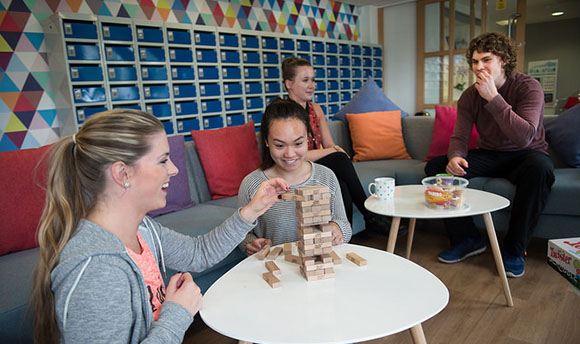Working as a filmmaker requires a certain degree of intuition balanced with a respect for the craft and professional practice. When making a film it can be tempting to continuously improvise with your collaborators in search of new and better ideas, but eventually you run out of energy, daylight, or budget. In some ways being a researcher who uses a practice methodology demands a similar level of discipline: one must be able to work creatively while having respect for the rigour of academic research. Working between inventive and pragmatic positions in this way is a necessity that does not always endear itself to traditional academic practice.
Since writing about my pandemic-related adaptions to filmmaking practice-as-research, I have returned to a more traditional mode of production with my short film Bar Bonding. In this film two friends attempt to offer each other emotional support over a much-needed drink. Compared to my previous efforts, this film was created in a more conventional manner in that I worked with cast and crew in the same physical space, rather than working with actors remotely or simply directing myself in front of the camera.
Since starting my PhD, my research aims have evolved several times - from originally hoping to develop “positive” portrayals of male characters on screen to seeing how different directing techniques could influence representations of male intimacy in film. This recent project, however, is in keeping with my current research aims which intend to synthesise gender theories including hegemonic masculinity, homosocial desire, and Eric Anderson’s concept of homohysteria along with actor performance via film practice in a way that champions actor input and agency within the context of masculinity.
Reflecting on Bar Bonding has afforded me several important interventions in my research strategy. I have discovered that gender theories can be discussed with actors during both rehearsals and production to validate their feelings and give context to real life as well as filmic behaviours. I have also found that actors (so far!) are receptive to personal and candid conversations that encourage them to actively participate in discussing how they relate to themes of masculinity within a script. Finally, none of these methods seem to impede the production of an “effective” film.
Arguably my most important intervention has been the (frustrating!) realisation that my films do not need to be “good” in order to produce knowledge. The process of working with actors as we rehearse for a final output means that filmmaking is the necessary container that my work takes place within. In the same way that I have reflected that working with participants to make films reveals more knowledge that watching the films we create, reflecting on my rehearsal process reveals more knowledge to me than reflecting on my finished films. Indeed, in the same way that my films have attempted to explore masculine intimacy, I feel that much of my process has actually been about fostering Eve Sedgwick’s concept of homosociality within the rehearsal environment rather than focusing on how such intimacy can “improve” an actor’s performance.
Reflecting on these ongoing revaluations of my research aims, it has become clear that a common thread weaving each of my film outputs together has been the question “can the act of filmmaking change or affirm the way men think and feel about themselves?” As I enter the final year of my doctoral research, I am encouraged that the work I have undertaken to date has not been in vain, but rather it has guided and appropriately challenged my journey as a researcher and the evolution of my project.







